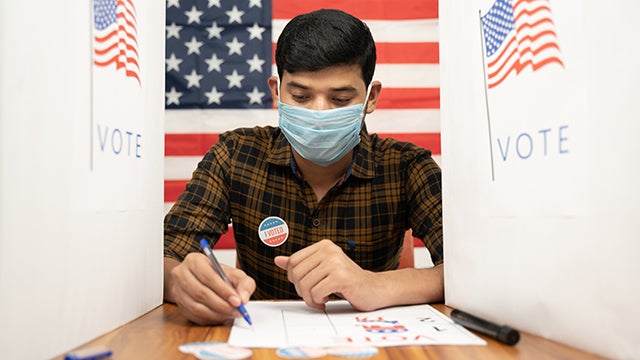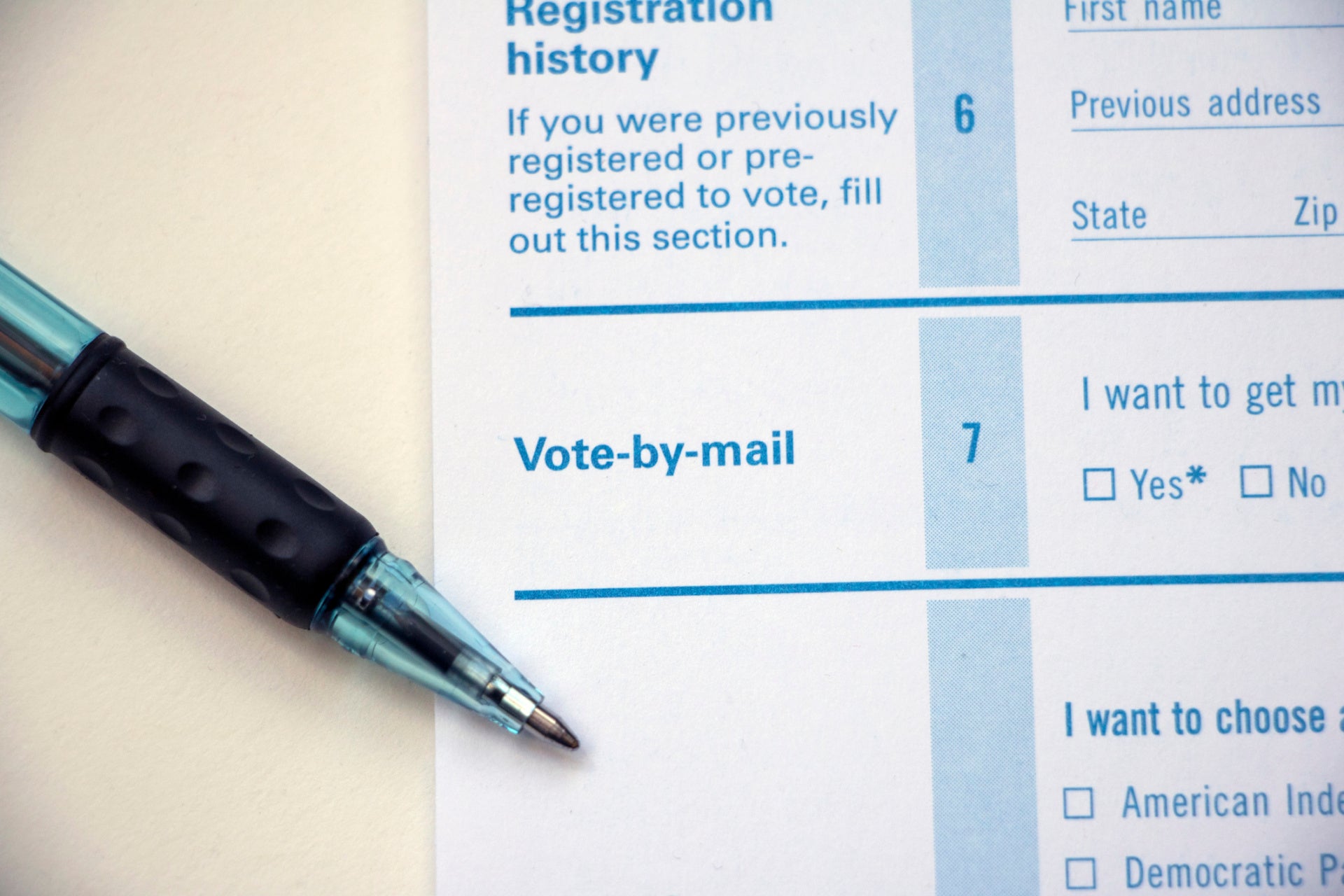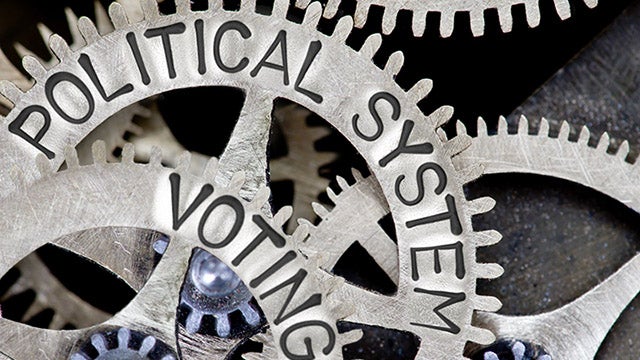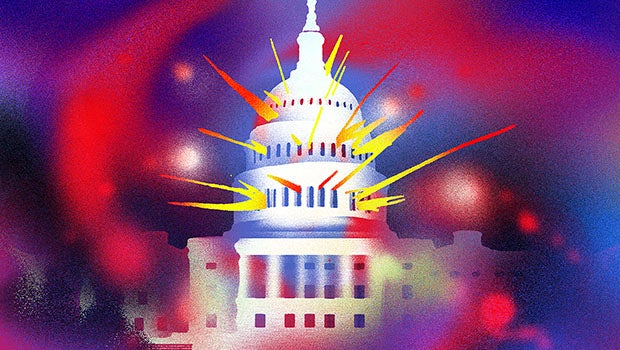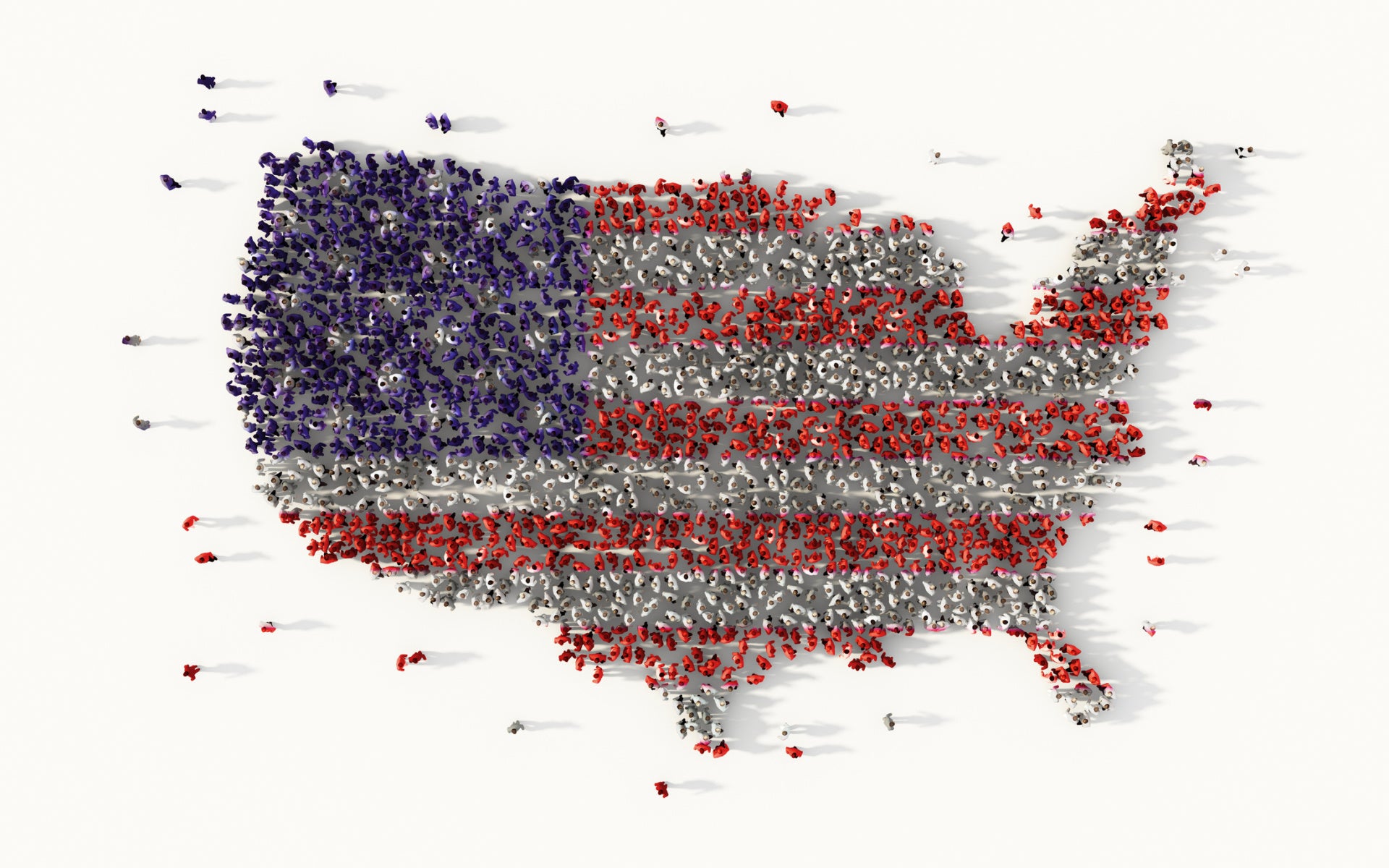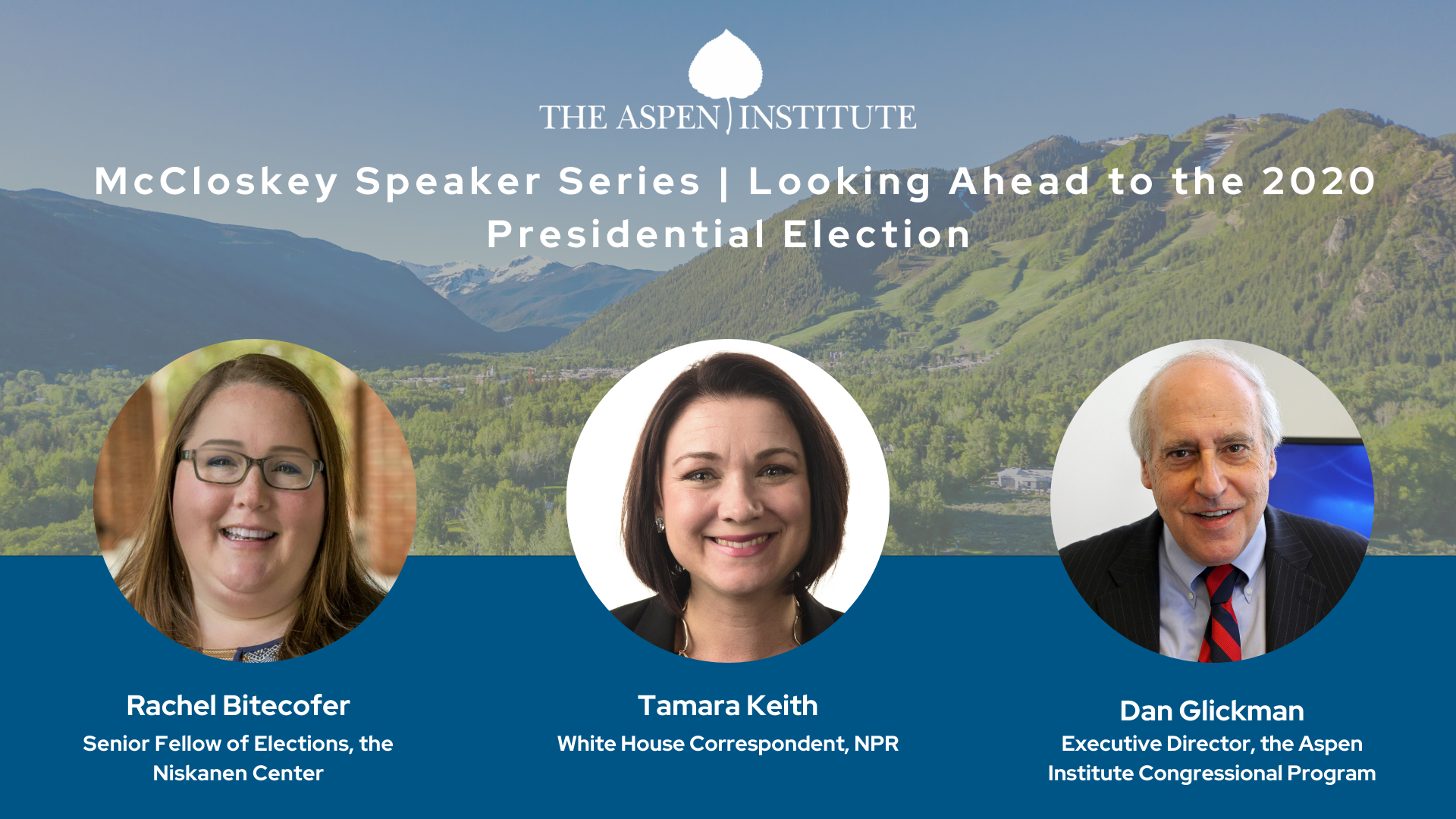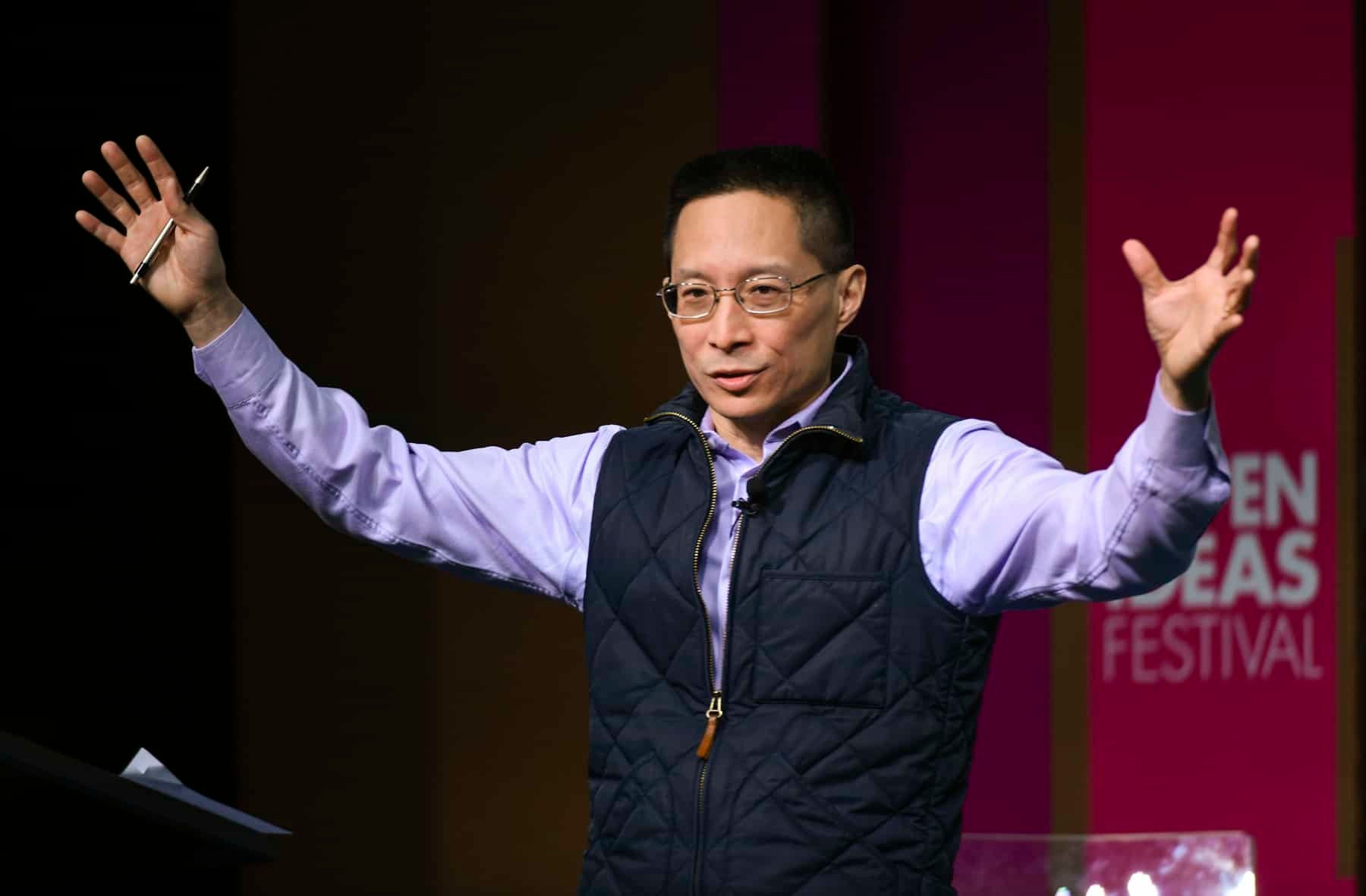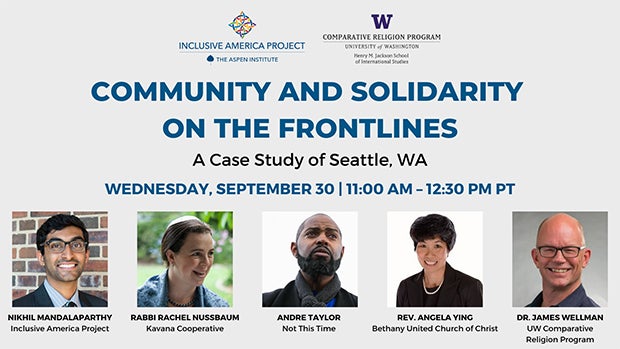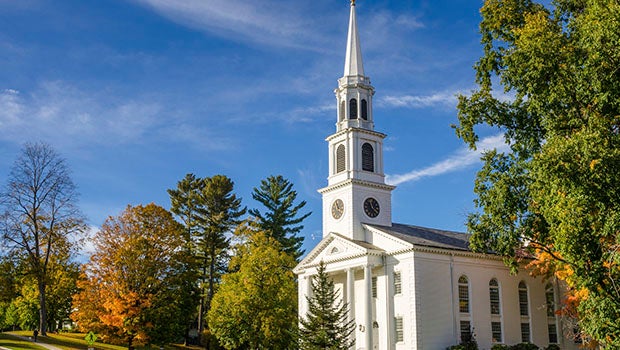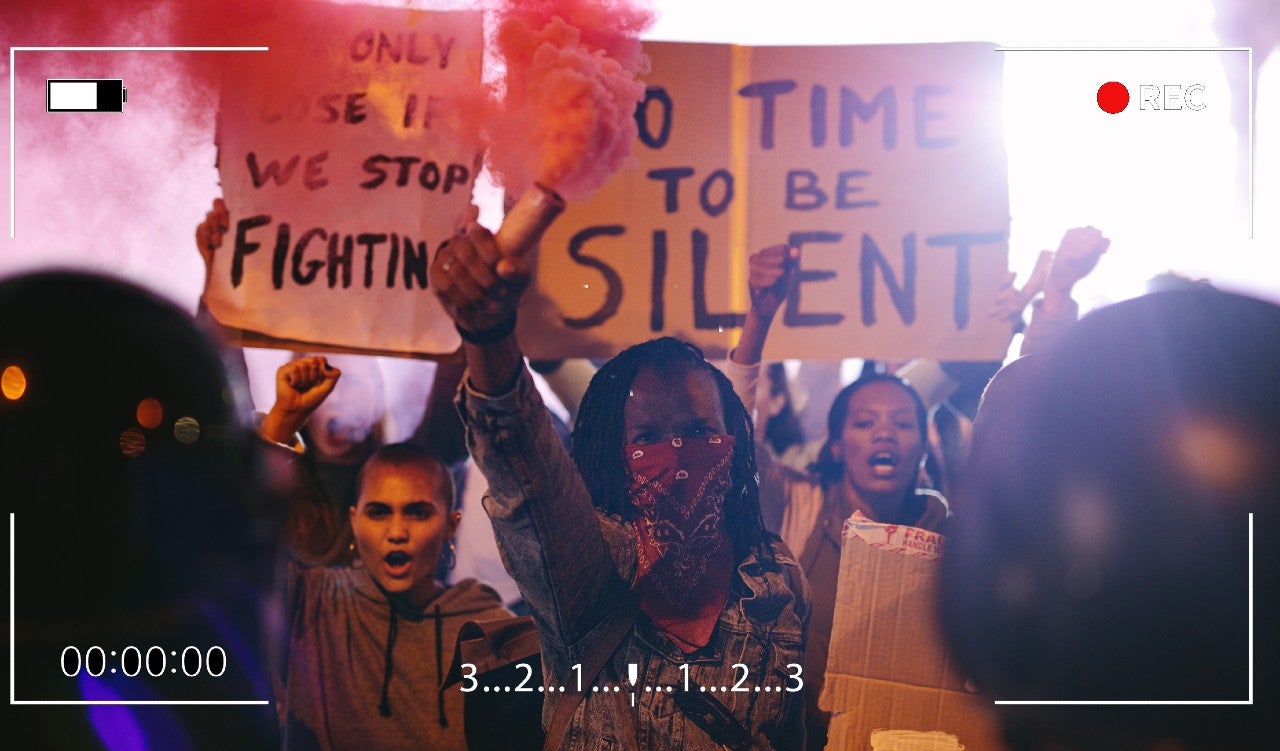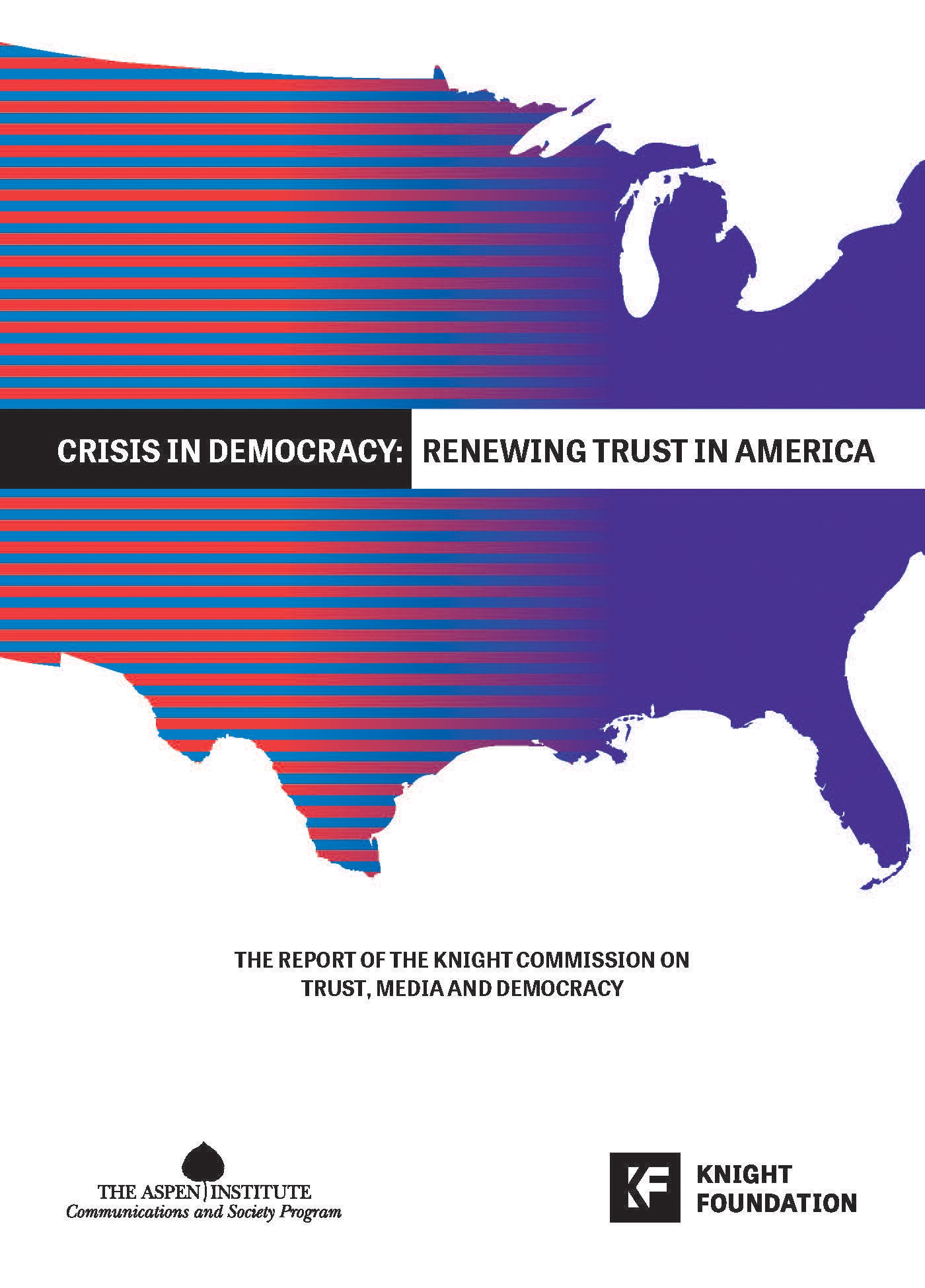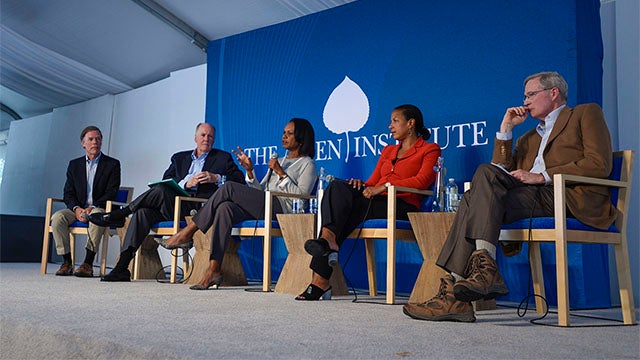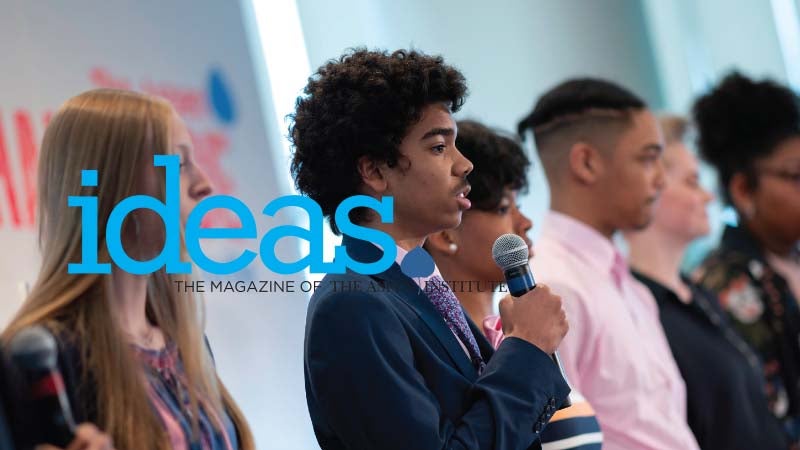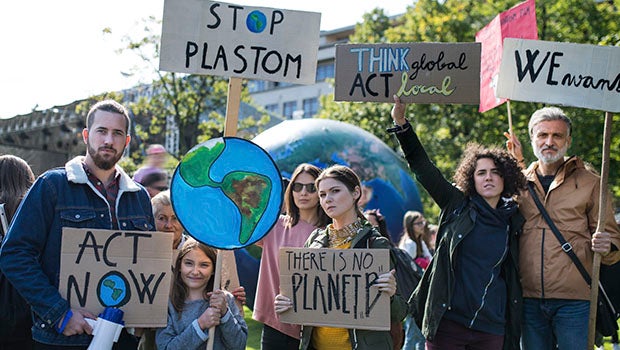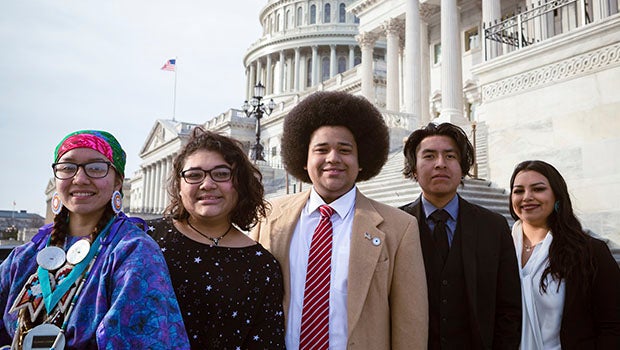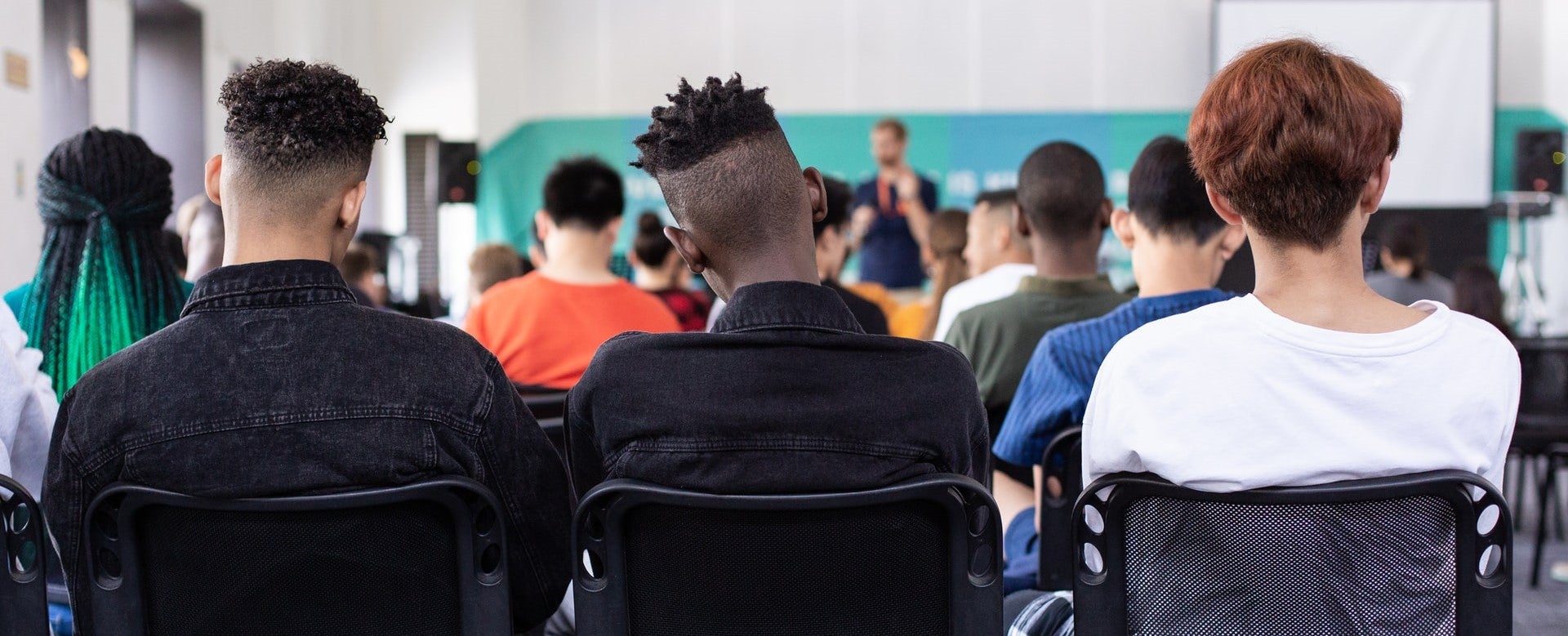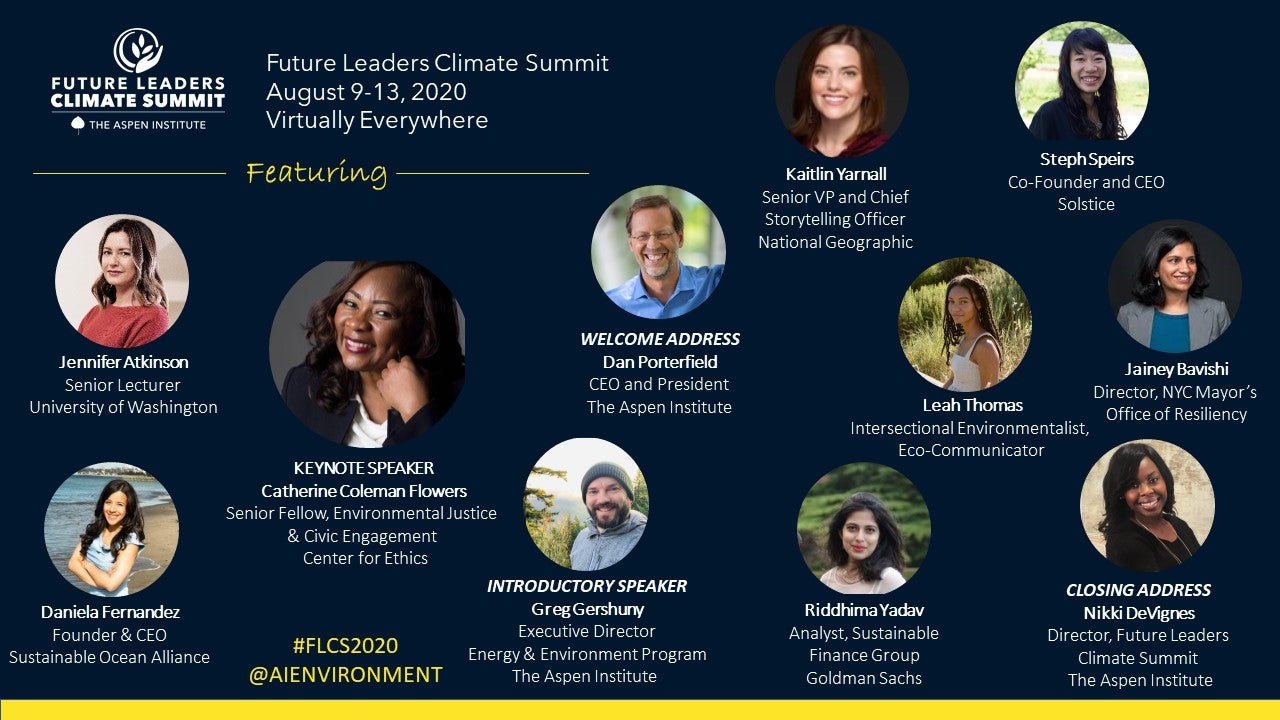In Focus: Gears of Democracy
For all the work that goes into a functioning democracy, none is more important than free and fair elections—with, ultimately, the peaceful transfer of power. But beyond voting, this system depends on a web of individuals and institutions that value the integrity of the process as much as the actual result.
In this installment of In Focus, we explore the gears of democracy during an American election year unlike any other. Is our democracy really under strain? We share the expertise and stories of Aspen Institute leaders and advocates who are asking: What does a healthy democratic society look like? What can we expect of the media? Can we repair the United States’ torn social fabric? Will technology make us more or less secure?
At the same time, we look at the examples set by the next generation, which is redefining civic engagement – while giving hope for the future.
